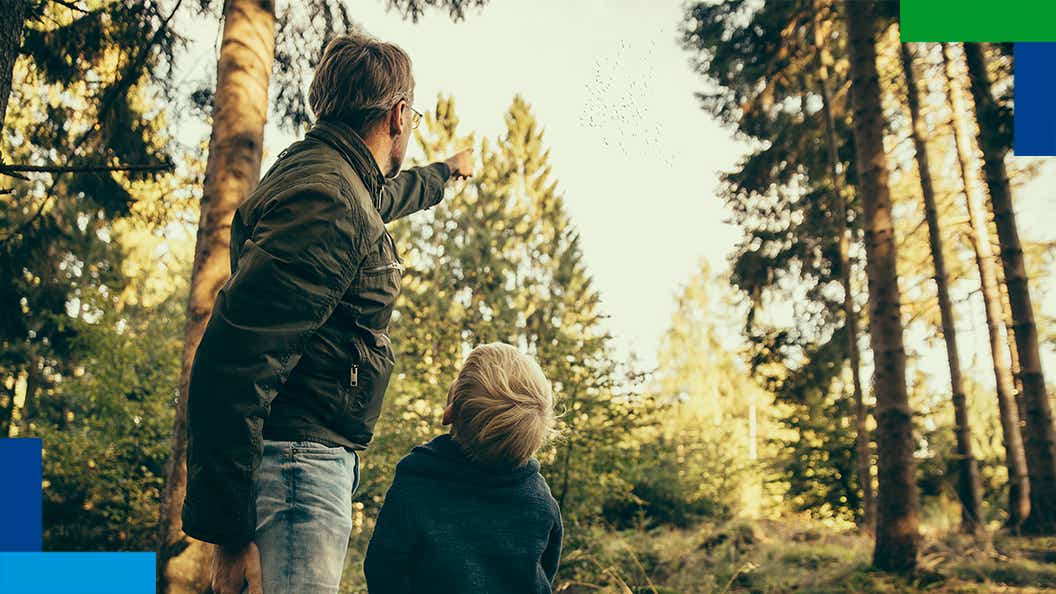Stories from people like me
Stories from people like me
If you don’t know anyone else with psoriasis (Pso), you may feel as if no one understands what you’re going through. While everyone’s experience may be unique, it may help to read about what other patients have gone through as you may find they’re not so different to you after all.
Meet Veronica*

“Going to the gym helps me, mentally”
“Hi, my name is Veronica I am 32 and I have had psoriasis for a year and a half. For me it was traumatic seeing my whole body covered with spots, at the start I had a true and proper outburst, I was completely covered; by and by it diminished and in the summer it has almost gone…
Learn more about Veronica
Meet Amy*

“It took time to get over some of my anxiety”
“I’m a 34-year old schoolteacher. I used to cover up my knees and elbows, but the clothes rubbing against me really hurt and made them bleed more. I now keep them uncovered when I’m at home. Hiding them made me feel embarrassed and ashamed, especially in summer. It was freeing to work past that, but it took time and also CBT to get over some of my anxiety and self-esteem issues.
Learn more about Amy
I love swimming, but it was really challenging to overcome my fear of people seeing my skin, and I was worried they would freak out, not wanting to be in the pool with me. After ‘taking the plunge’ (sorry for the pun…) I realised people were more curious about me rather than finding me unattractive, and more concerned with their own looks. My main worry with swimming now is the chlorine irritating my skin, so I always make sure to shower and moisturise as soon as I get out. Applying some emollient before going in also stops my skin drying out so much.
I've had nasty comments in the past, where people have asked me if my skin is contagious. It really affected me at first, but I learned how to explain what psoriasis is and assure people they can’t catch it. Kids at my school have been harsh or asked really personal questions too, but by then I’d got my script learned off by heart. It usually makes people feel more comfortable, and I feel like I’m helping the community by spreading awareness about the condition!
I’ve usually managed my flare-ups with different creams and some changes to my lifestyle, and also light therapy when it’s been at its most severe. I always got frustrated at those times – I was doing everything I could to look after myself and it just kept on getting worse. I know there are always options now no matter how bad it gets. I massively value the time I have when my symptoms are mild or gone, but I also do my best not to get stressed when they come back so that doesn’t make it worse.
Dealing with psoriasis hasn’t been easy. It’s taken a lot of time to find out what works for me and to feel comfortable in my own skin. I used to let it stop me from going about my life, but I refuse to let it get in the way anymore. I really hope the challenges I’ve overcome inspire others to try and overcome theirs.”
Meet Stan*

“If the treatment you’re currently being given isn’t working, push for the next step”
“I’m a 42-year-old sales advisor. I struggled with exercise at first - the burning/biting sensation really got to me but I’ve learnt to work through it now. I try to exercise at least 4 days a week. I just do what I’m feeling on the day, based on what my skin and joints are like. If my hands are aching, I might go for a morning walk or go on my exercise bike. If my feet are bad, I might focus on my arms with some weights. If I can’t deal with those things, I do some stretches – there’s always options.
Learn more about Stan
Sleep has been a huge problem over the years, usually down to the itching driving me mad. Itching makes it hard to fall asleep and when I do, I often wake up scratching myself making it worse and sting. It makes me really exhausted and stressed the next day which just makes my skin get worse. I experimented with a few things – antihistamines from my GP worked well. Wet wrap therapy took ages to do but it saved my sanity when I was having massive flare ups. I tried meditation but couldn’t get into it. I just did usual sleep stuff too – consistent routines, getting ready for bed early, that kinda stuff. It’s much better now even when I’ve had a bit of a flare.
Nothing properly worked to clear my skin up or help my joint pain until I got tablets. I tried a couple of them, methotrexate and something else, which worked well for a while. I’m on biologics at the moment.
Flaking has been difficult to manage. Flakes would cover everything. I found that my work chair and keyboard were noticeably covered after a day and needed cleaning a lot more regularly and sometimes felt the need to apologise to the people around me. I feel like there wasn’t much else I could do apart from keeping on top of it until it cleared, so I had to get used to it. However after a while I found that most people didn’t even notice it much. I was far more sensitive about it than my workmates were. For the most part they were oblivious or supportive.”
Meet Harald
“I enjoy a whole new quality of life”
“I was diagnosed with psoriasis when I was 15. I felt ashamed. It was on my whole body, except my hands and face. In football I played in goal as I could cover up. I was the last to get changed before and after the game. Today I play in all positions: striker, midfield, defence... I can move freely. Thanks to my current therapy, I am without any symptoms.”
A psoriasis success story
Watch a doctor talk through how treatment helped transform a young man's life. Extensive psoriasis had isolated the patient, but treatment completely cleared his skin, and changed his relationships with others.
Dr Bewley describes how seeing this young man bloom affected not only the patient, but also himself, as a healthcare professional.
You may be interested in

Does psoriasis (Pso) always stay the same?

You're not alone - there are other patients with psoriasis, just like you out there.

Talking to others about psoriasis could be daunting, but might also be a relief.
*Representative of patient experience
